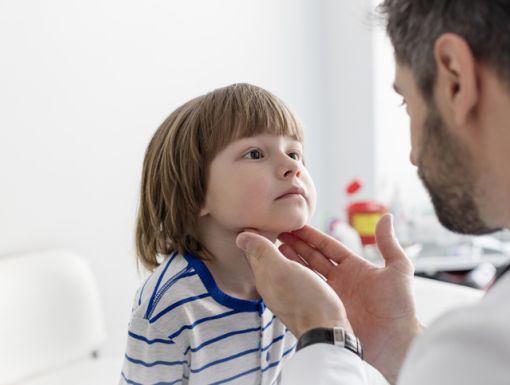
Hepatitis C in Children: Testing and Treatment Updates for 2024
When you think about hepatitis C, you probably don’t think about children. While it is rare, an estimated 23,000 to 46,000 children in the United States have this viral infection of the liver. This blood-borne virus can be a short-term illness for some, but for others, it can be a serious disease that results in long-term health problems, especially for the liver, and even death. Some people are not aware they have hepatitis C for many years because they do not feel sick at first.
How do children acquire hepatitis C?
Most children with this infection acquire it at birth from their mothers. If a mother has hepatitis C, her child has a 1 in 20 chance of being infected at birth. Giving birth by C-section does not appear to change the likelihood of the baby being infected. A baby cannot get hepatitis C from breastfeeding, however. And parents can’t spread it to their children by hugging or kissing them.
Teenagers become infected in many of the same ways adults do: IV drug use, sharing needles, sniffing cocaine and high-risk sexual behaviors.
There is no vaccine to prevent children, teens or adults from getting hepatitis C.
Which children should be tested for hepatitis C?
Your child’s doctor may recommend testing for hepatitis C if he or she has signs or symptoms of chronic liver disease, or if they are found to have abnormal liver enzyme blood tests.
Based on updated recommendations from the CDC, infants born to mothers known to have hepatitis C should undergo an HCV blood test between 2-6 months of age. Infants who test positive for HCV should be linked to pediatric hepatology care.
Once one child in a family has been diagnosed with hepatitis C infection transmitted at the time of birth, his or her siblings should also be tested for hepatitis C.
How is hepatitis C treated in children?
Now the good news. Treatment for children with hepatitis C has developed rapidly in the past few years and there are new options available for children. Historically, therapies for hepatitis C involved long treatment courses (24 to 48 weeks), multiple medications, including some which needed to be injected, and frequent occurrence of major side effects.
More recently, highly effective oral medications became available for adults with the most common type of hepatitis C. In contrast to prior therapies, most patients could now be treated in 12 weeks with few side effects. In 2017, these drugs, previously available only to adults, were approved for children as young as 12 years old. While this was a major advancement for the treatment of teenagers with hepatitis C, the youngest children living with hepatitis C were left out. Now, that has changed.
In August 2019, the Food and Drug Administration approved the first hepatitis C therapy for children as young as 3 years old. Today we have four FDA-approved antiviral medications for children as young as 3 years, covering all the different subtypes of hepatitis C virus. We can now treat children with hepatitis C almost a decade sooner than we used to, in 25% of the time it previously took, with a once-daily oral medicine. For families with young children living with hepatitis C, the treatment paradigm has changed. Talk to your child’s pediatrician or liver specialist to see whether they may be candidates for treatment.
Learn more about pediatric gastroenterology at Ochsner.



